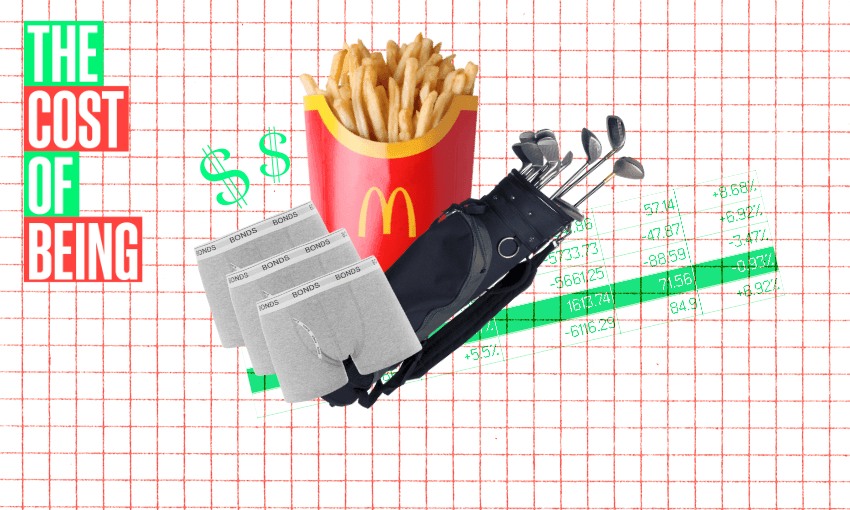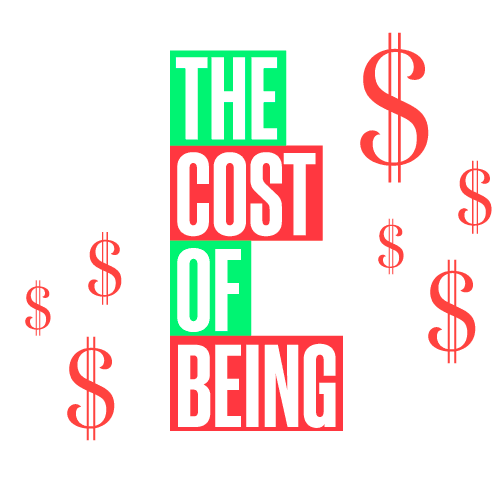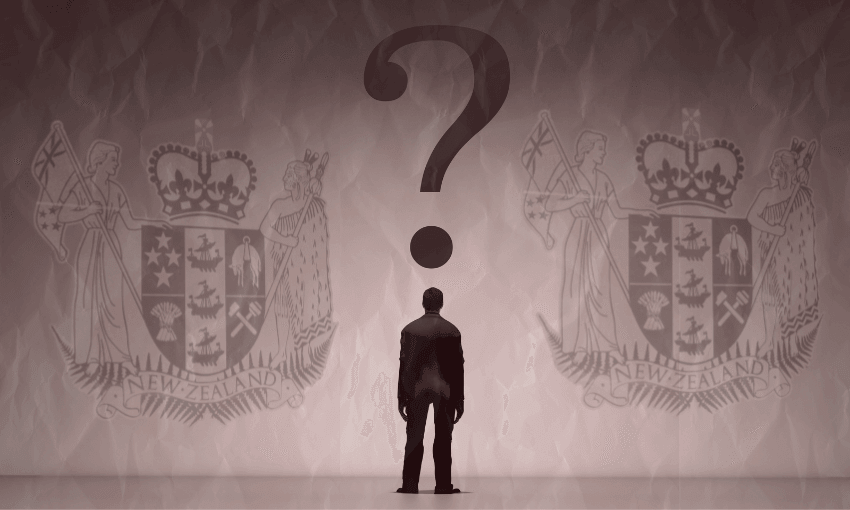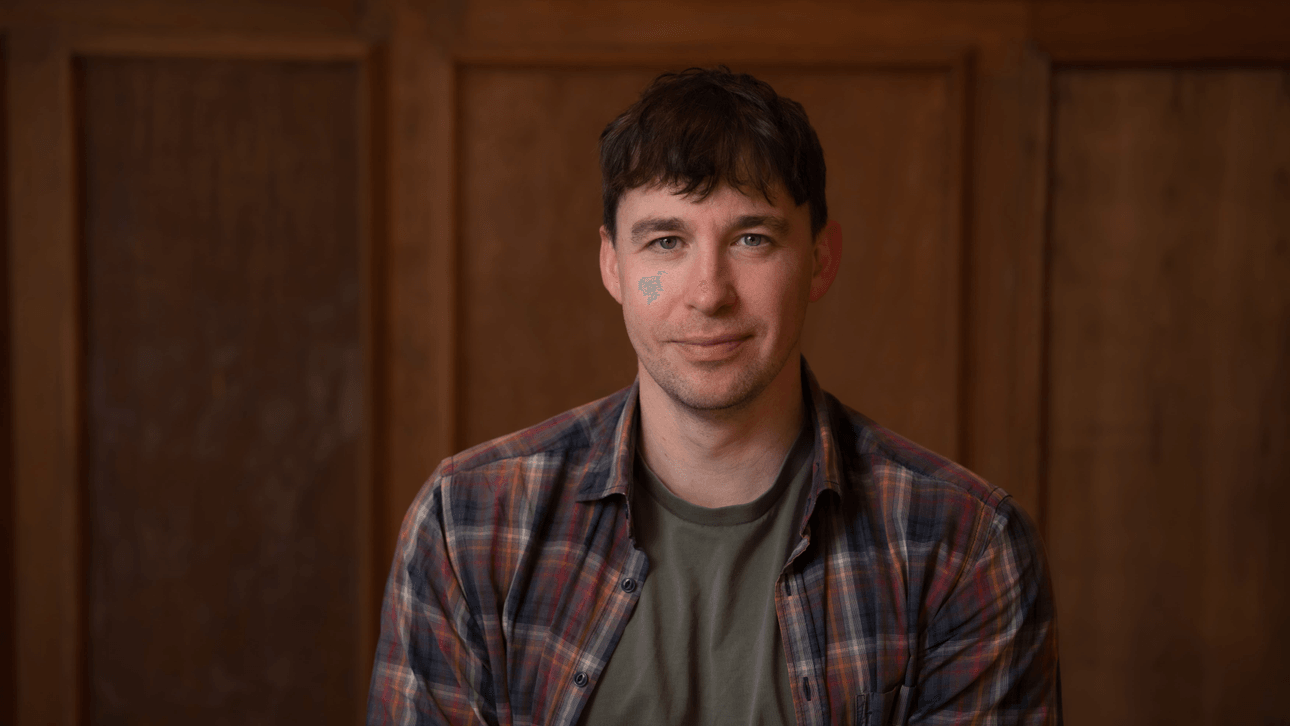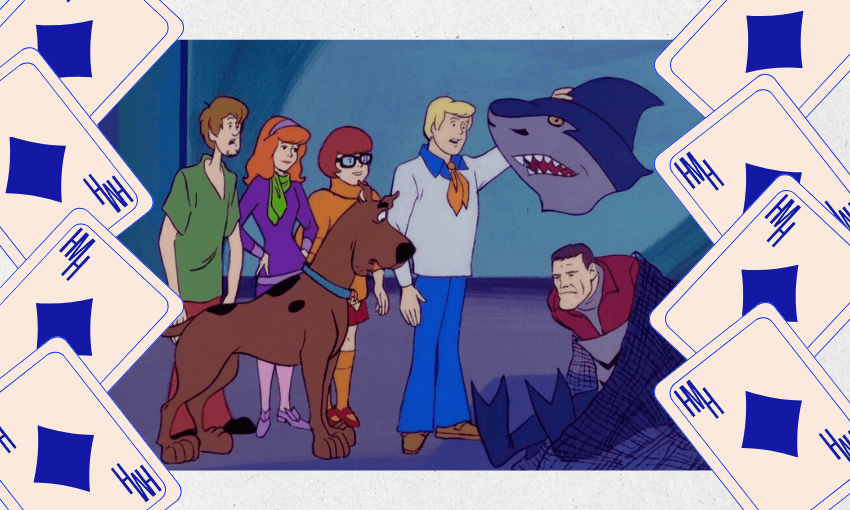As part of our series exploring how New Zealanders live and our relationship with money, a 34-year-old ‘worrier’ describes his approach to spending and saving.
Want to be part of The Cost of Being? Fill out the questionnaire here.
Gender: Male.
Age: 34.
Ethnicity: Japanese.
Role: Pharmacist and dad of three kids.
Salary/income/assets: Household income is $80k, assets $500k.
My living location is: Suburban.
Rent/mortgage per week: Own home with no mortgage.
Student loan or other debt payments per week: $40k student loan.
Typical weekly food costs
Groceries: $400 for a family of five and a dog.
Eating out: $5. We seldom eat out as our kids are still little.
Takeaways: $30 – sometimes we get McDonald’s or fish n chips.
Workday lunches: Always bring last night’s leftovers.
Cafe coffees/snacks: Make coffee at home.
Other food costs: $5 for vege garden.
Savings: We save between $500-$700 a week. Mainly saving for retirement. Hoping to retire early by 50.
I worry about money: Always.
Three words to describe my financial situation: Comfortable. Intentional. Frugal.
My biggest edible indulgence would be: McDonald’s.
In a typical week my alcohol expenditure would be: $0.
In a typical week my transport expenditure would be: $100 for petrol and parking.
I estimate in the past year the ballpark amount I spent on my personal clothing (including sleepwear and underwear) was: $100 on undies and socks. Nothing exciting.
My most expensive clothing in the past year was: $28 on twin pack of Bonds undies.
My last pair of shoes cost: $20. New Balance casual shoes. Found on Marketplace and basically new condition.
My grooming/beauty expenditure in a year is about: $0. My wife cuts my hair.
My exercise expenditure in a year is about: $80 for new shoes. $500 for football membership. $300 for golf.
My last Friday night cost: Nil. Stayed at home.
Most regrettable purchase in the last 12 months was: I bought my sports shoes online but they were half a size too small. Still use them but not as comfortable as they could have been.
Most indulgent purchase (that I don’t regret) in the last 12 months was: New golf grips. $150.
One area where I’m a bit of a tightwad is: Everywhere. I’m always trying to buy things at the cheapest price.
Five words to describe my financial personality would be: Frugal. Thoughtful. Worrier. Learner. Indexer.
I grew up in a house where money was: My parents were well off and spent money on the things they cared about (food, travel, education) but cut costs everywhere else. We never had to worry about money but also never felt rich as my parents would mainly only buy needs not wants.
The last time my Eftpos card was declined was: Never.
In five years, in financial terms, I see myself: Having more money in investments but still saving for retirement. Hopefully having more options like working part time or changing to a new job that I’ll enjoy more.
I would love to have more money for: Giving to others and travel.
Describe your financial low: A few years ago when my first child was born we moved cities and I had no job for a few months. Financially we went through a lot of our savings but emotionally it was worth it to spend time at home.
I give money away to: I give to any fundraisers that people I know are doing. Like school ones or friends doing Movember. I also give to friends and family who have kids or birthdays.
